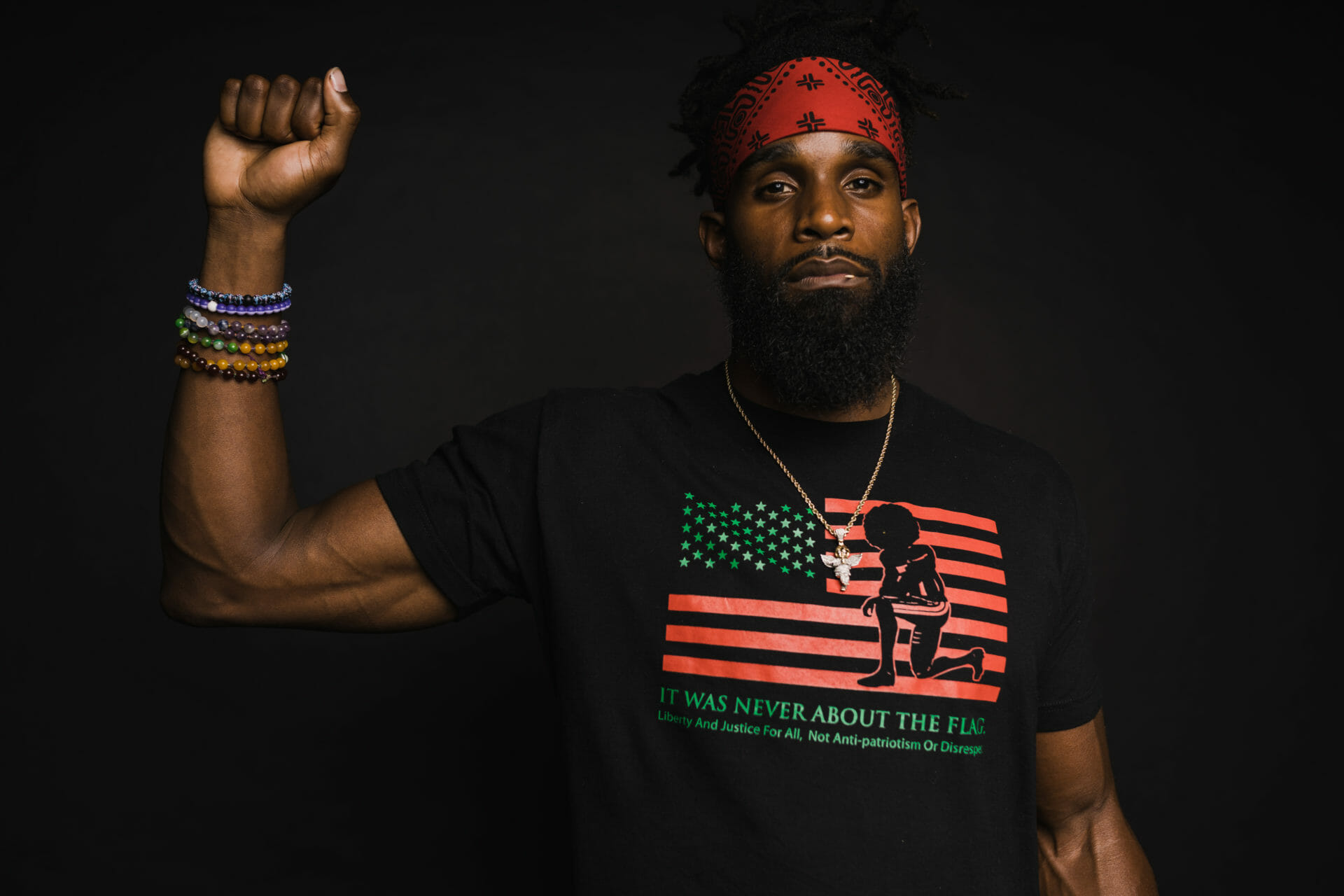
Why Juneteenth?

Rev. Dr. Greg Johnson
June 15, 2021
Today we live in a global community. Information can be shared instantly throughout the world. When an earthquake hits remote places in Japan, ripple effects are felt throughout the world. Nothing has helped us realize how closely we are connected like the pandemic that swept the globe. While technology has brought us closer together across time and distance, socially America continues to struggle with truly being united.
This struggle is ingrained in the ethos of America. Juneteenth reflects the history of America’s controversy with race. In 1862, Abraham Lincoln, convinced by what the Civil War revealed, issued the Emancipation Proclamation. This proclamation freed all slaves held in Southern states. The proclamation went into effect on January 1, 1863. It was initially shared in September of 1862. This was a two-stage process. The initial stage was the preliminary address of the proclamation in Washington, in 1862. The final stage was the issuance of the Proclamation throughout the Union. Juneteenth is a celebration of the proclamation.
Juneteenth is celebrated on June 19. It has also been called Emancipation Day, Freedom Day, and Liberation Day. It was initially a celebration that took place in Texas, as it was not until June 19, 1865 that Texans received the news that legalized slavery had ended. This particular chapter in American history strikes at the heart of her struggle. While America can claim the tenacity that brought about independence from England, in certain spaces, it refuses to acknowledge that same tenacity gripped Southern states to cling to an inhuman institution that was an affront to humanity and the Creator.
The Union Army won the Civil War. The Emancipation Proclamation was the nail that sealed the proverbial coffin of the Confederate states. The South’s grip on the inhuman institution of slavery had been forcibly released. However, in an effort to continue to maintain control of freed slaves, the former Confederate states subjugated African Americans by any means necessary. These measures took the form of what became known as Jim Crow laws. Jim Crow laws were white Southern Democrats’ reactions to the gains made by African Americans during America’s golden age of Reconstruction. This golden age was reinforced by the federal government. It was an attempt to build an equitable nation. However, psychologically it would seem many Southerners were unable to grasp that freedmen were human beings. This frail mentality prompted the engineering and enforcement of Jim Crow laws in Southern states.
Trauma’s impact is not restricted to the individual that endured the trauma, it affects those who perpetrate the trauma and the descendants of both. To heal from a traumatic experience involves dealing with not only the symptoms that are manifested because of the trauma, it involves reconciling with the source of the pain. This is not work that has been done concerning racism in America.
They were not federal laws, yet they were not rebuffed by the federal government. Here is where the words emancipation, freedom, and liberation were problematic for the mass number of freed slaves and their descendants who live in the United States today. This aspect of American history is not tasteful, and it is painful. It would be easy not to be reminded of the evil institution of slavery that is buried in the soil of this nation. It is the sin that the United States refuses to discuss, deal with, and dissect. This refusal is not restricted to legislative bodies or public forums, the sin of this egregious act is pervasive even in churches in America.
Juneteenth, while it is a moment of celebration, albeit not a federally observed celebration, it is also a reminder of what happened to bring about this celebration. It is a reminder that while democracy struggles with equality, while justice attempts to right wrongs, and while liberty refuses to be silent, it does so against the backdrop and history of racist ideology that continues to weave its way through America. Like the Jim Crow laws that were not rebuffed in the South, when a government looks the other way or does not engage in the conversation, it either sanctions or dismisses the reality of a thing.
Juneteenth is a painful look at where this country has come from. It is an opportunity to survey the strength of a people who endured inhuman treatment and survived. This survival is not without irreversible damage. Survivors of any traumatic experience carry the baggage of that experience. Slavery was a traumatic experience for millions of African Americans brought against their will to the United States. Trauma is a deeply disturbing experience that impacts the psyche of a person. Its impact is not restricted to the individual that endured the trauma, it affects those who perpetrate the trauma and the descendants of both. To heal from a traumatic experience involves dealing with not only the symptoms that are manifested because of the trauma, it involves reconciling with the source of the pain. This is not work that has been done concerning racism in America. While it is not an easy journey to truly live authentic lives beyond the ramifications of the traumatic experience of slavery, this work is necessary.
While Juneteenth is a celebration, it is also an attempt to help heal wounds. This celebration is not an effort to mask the pain of the past, nor is it an attempt to intentionally shine a light on that pain. It endeavors to reflect on the perseverance that brought about change. It is a celebration that recognizes that while there may be an appetite for inhuman treatment and inequality, in the tapestry of the created order is justice. Justice may involve sacrifice; however, justice is achievable. Juneteenth is an important celebration for America. It is American history and reveals not only the ugliness of a country, but is also an opportunity to address structural racism and racial disparity. In reflecting on and addressing these challenges, Juneteenth opens the way towards healing a wounded nation.
The Rev. Dr. Greg Johnson is pastor of Cornerstone Community Church, Endicott, N.Y.
The views expressed are those of the author and not necessarily those of American Baptist Home Mission Societies.


